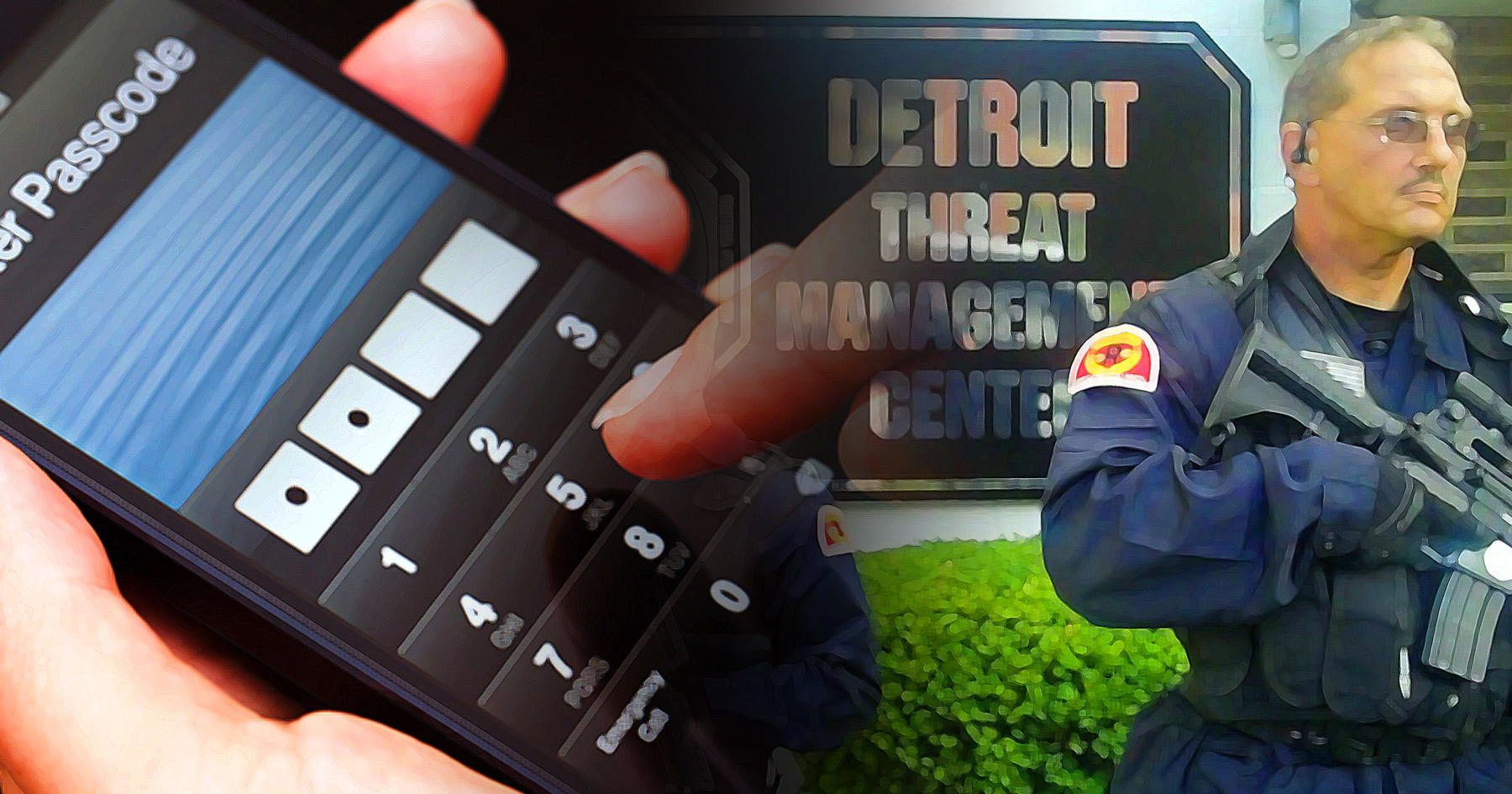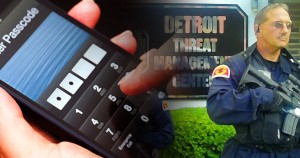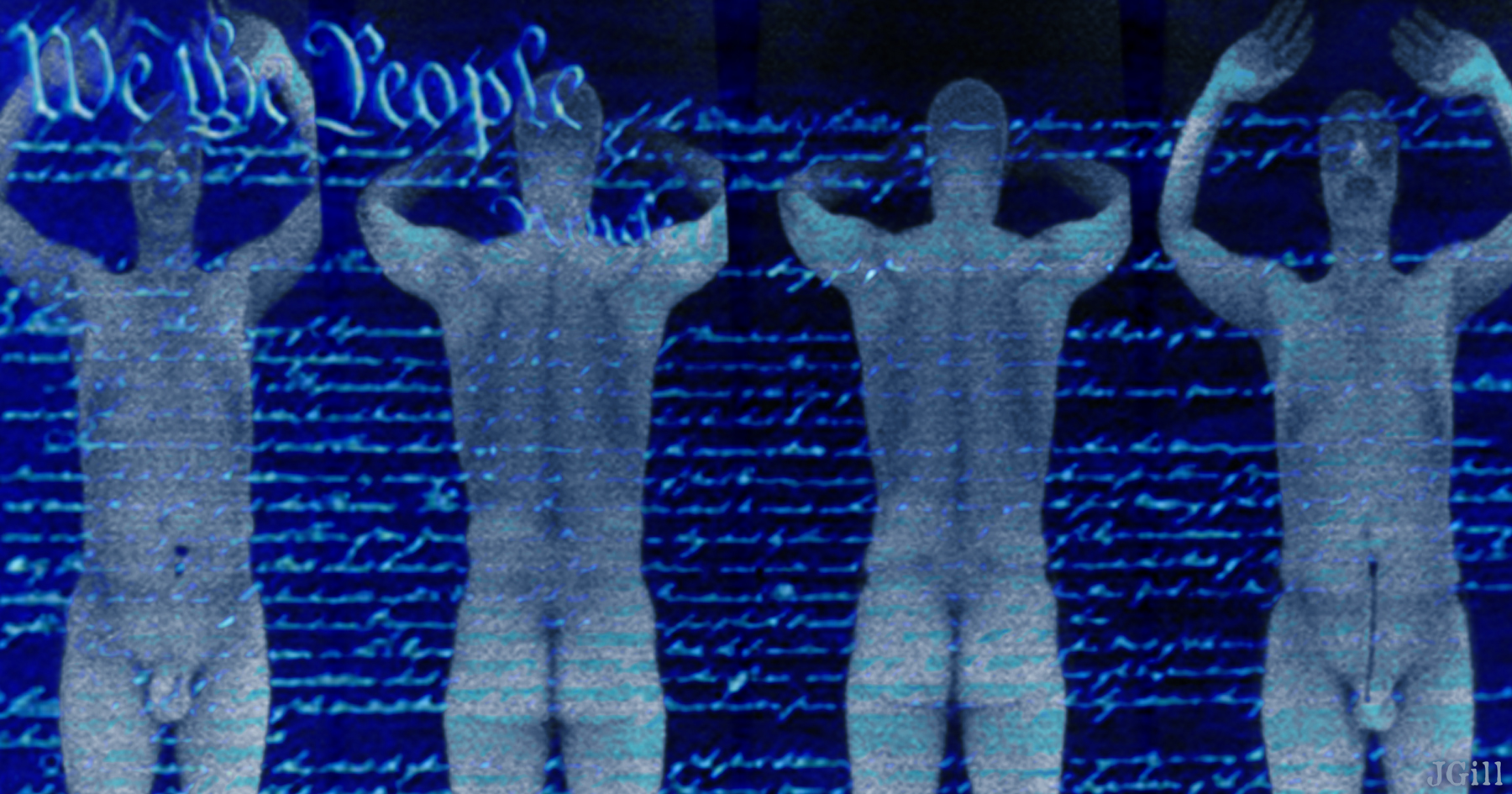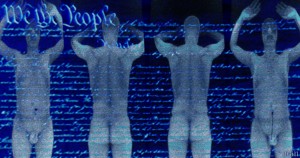As we tromp repeatedly to the polling booth this year, we should wonder: are we being played?
The answer: yes . . . at least on the issue of Apple’s iPhone security.
I’ve written about this before. Our politicians and government officials are playing demagogue, trying to convert (too successfully?) the electorate into a mob bent on destroying privacy and private property — out of unwarranted fear.
The case for terrorist worries in this case is not even plausible: the FBI waited too long to be convincing, and the NSA supposedly has the metadata anyway. The government doesn’t need the info. It’s after something else.
As former congressman Bob Barr put it, the government’s case is “pure applesauce . . . simply the latest chapter in a decades-long push by Uncle Sam to gain access to Americans’ digital technology and place this booming sector of our economy under its thumb.” He goes on:
[T]he government is for the first time demanding that a company actually invent a way to defeat the very encryption safeguards it builds into the devices it sells. Attorney General Lynch has taken to citing an obscure law, the All Writs Act of 1789, to justify this unprecedented exercise of power to compel companies to do the government’s work for it.
To my knowledge, the government has never demanded that Allied Safe and Vault, or any of its competitors, go out of its way to cook up “a way in” to its security systems.
Government is just trying to retain its old relevance. Folks in power see it slipping. And it is, as Americans outsource their privacy and security not to governments, but, increasingly, to private providers.
That’s a good thing.
This is Common Sense. I’m Paul Jacob.
A healthy democracy depends on the spreading of good ideas. If you found this article useful, please share it with friends by clicking on any of the social media icons below.
Common Sense Needs Your Help!
Also, please consider showing your appreciation by dropping something in our tip jar (this link will take you to the Citizens in Charge donation page… and your contribution will go to the support of the Common Sense website). Maintaining this site takes time and money. Your help in spreading the message of common sense and liberty is very much appreciated!








 governments inflict upon a (too willing) populace: “regimentation.” What’s more regimenting than being forced to wait in lines, holding shoes in hand, emptying the contents of pockets into institutional-gray trays, submitting to a variety of scans and gropes?
governments inflict upon a (too willing) populace: “regimentation.” What’s more regimenting than being forced to wait in lines, holding shoes in hand, emptying the contents of pockets into institutional-gray trays, submitting to a variety of scans and gropes?